Putin moves to secure Russian influence in new Syria
- Update Time : Friday, February 14, 2025
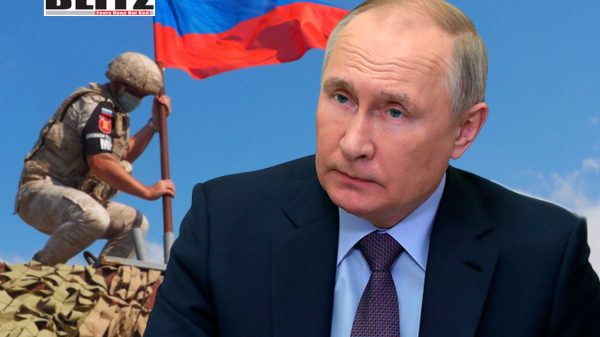
Russian President Vladimir Putin has held a high-level phone conversation with Syria’s new leader, Ahmed Hussein al-Sharaa, in a significant diplomatic move following the fall of former President Bashar Assad’s government. The Kremlin confirmed the call on February 12, stating that discussions between the two leaders were “constructive, business-like, and substantial.” This marks Russia’s first formal engagement with Syria’s new administration since the dramatic leadership shift in late 2024, which saw al-Sharaa’s Hayat Tahrir al-Sham (HTS) group seize power in a surprise offensive.
During the conversation, Putin reaffirmed Moscow’s commitment to Syria’s sovereignty, unity, and territorial integrity, emphasizing the need for national stabilization and inclusive dialogue among all ethnic, religious, and political groups within Syrian society. The Russian president also expressed his determination to aid Syria in improving its social and economic conditions, including providing humanitarian assistance to the war-torn nation.
The Kremlin’s statement highlighted the historically strong ties between Russia and Syria, noting that their relationship remains anchored in mutual cooperation and strategic interests. The two leaders also discussed trade, economic collaboration, and education, signaling Russia’s willingness to maintain a robust partnership with the new Syrian government.
The conversation follows the first Russian diplomatic mission to Syria since the change in power. Led by Deputy Foreign Minister Mikhail Bogdanov, the delegation met with key Syrian officials, including Foreign Minister Asaad al-Shaibani, Health Minister Maher al-Sharaa, and representatives from various Russian government agencies.
Bogdanov assured Syrian officials that the transition in Damascus would not alter the fundamental nature of Russia-Syria relations. While Moscow had previously been a staunch supporter of Bashar Assad, its recognition of the new leadership demonstrates a pragmatic adaptation to shifting political realities. This diplomatic recalibration suggests that Russia is intent on preserving its influence in Syria, despite the significant ideological and strategic shifts brought by HTS’s takeover.
Ahmed Hussein al-Sharaa, also known by his nom de guerre Abu Mohammad al-Julani, emerged as Syria’s de facto leader after HTS overran Damascus in December 2024, forcing Assad to flee the country. Al-Sharaa’s ascent marks a major turning point in Syria’s civil war, as HTS, a jihadist group with origins in al-Qaeda’s Syrian branch, transitions from insurgency to governance.
Despite its militant background, the new administration in Damascus has signaled its intent to maintain diplomatic ties with key international players. In December, al-Sharaa told Al Arabiya News that Syria and Russia share “strategic interests” and that Damascus values its relationship with Moscow as the “second most powerful country in the world.” This rhetoric reflects a desire to balance Syria’s international alliances while consolidating HTS’s grip on power.
One of the most pressing concerns for Russia is the status of its military assets in Syria. Moscow has maintained a significant military presence in the country since its 2015 intervention in support of Assad’s government, with key naval and air bases in Tartus and Hmeimim playing a crucial role in Russia’s Mediterranean strategy.
In a recent statement to The Washington Post, Syrian Defense Minister Murhaf Abu Qasra indicated that Damascus was open to allowing Russia to retain its military bases, provided that their presence serves Syria’s interests. This assurance likely played a role in Russia’s decision to formally engage with al-Sharaa’s administration. Retaining these strategic footholds is critical for Russia, as they enable Moscow to project power in the Eastern Mediterranean and maintain leverage in broader Middle Eastern affairs.
The shift in Syria’s leadership and Russia’s swift engagement with the new administration have sparked mixed reactions on the international stage. Western governments, which have long viewed HTS as a terrorist organization, remain skeptical of the new leadership’s intentions. The United States and European nations have yet to formally recognize al-Sharaa’s government, citing concerns over human rights violations and extremist elements within HTS.
For regional powers such as Turkey, Iran, and Israel, the change in Syria’s leadership presents new security challenges. Turkey, which has historically opposed Assad while simultaneously combating HTS elements in Idlib, now faces a delicate balancing act. Iran, Assad’s key ally, has been notably silent on the transition, reflecting uncertainty about how the new power dynamics will affect its influence in Syria.
Despite the leadership shift, Russia’s engagement with al-Sharaa’s administration underscores its long-term commitment to Syria. Moscow’s diplomatic pragmatism indicates that it prioritizes maintaining influence and securing strategic interests over ideological loyalty to Assad. By quickly recognizing and engaging with the new leadership, Russia aims to ensure that Syria remains within its sphere of influence, particularly as Western powers reevaluate their own positions on the evolving crisis.
However, challenges remain. The nature of HTS’s rule, coupled with its past affiliations with extremist movements, could complicate international recognition and cooperation. While Russia appears willing to work with the new administration, it may pressure al-Sharaa to adopt more conventional governance practices and distance himself from HTS’s radical roots to gain broader legitimacy.
Putin’s phone conversation with Syria’s new leader marks a significant development in Russia’s Middle East strategy. By reaffirming support for Syria’s territorial integrity, economic recovery, and military cooperation, Moscow is positioning itself as a stabilizing force amid the country’s ongoing turmoil. However, the long-term success of this partnership will depend on the new administration’s ability to navigate both internal and external challenges while maintaining Russia’s strategic interests in the region.
As the situation continues to evolve, Russia’s engagement with Syria’s new leadership will be closely watched by international observers. Whether this alliance strengthens or faces unforeseen obstacles remains to be seen, but for now, Putin has signaled that Russia is willing to adapt to the new political landscape in Damascus while safeguarding its interests in Syria and the broader Middle East.


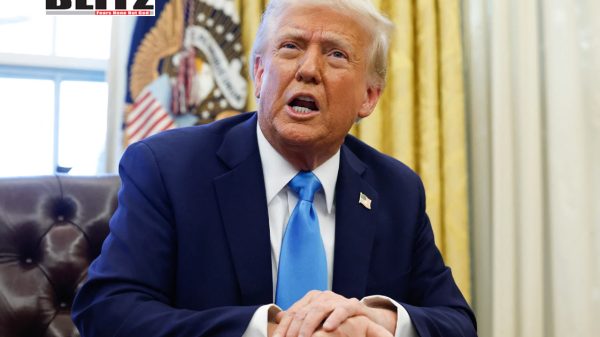

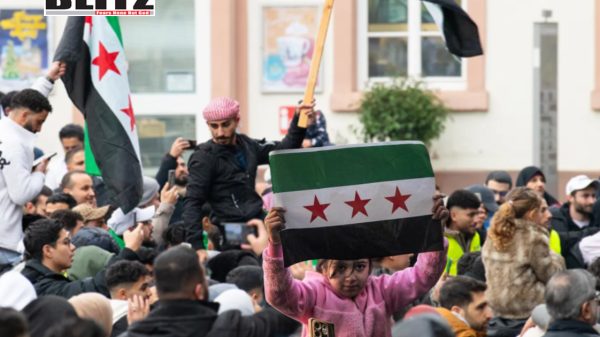
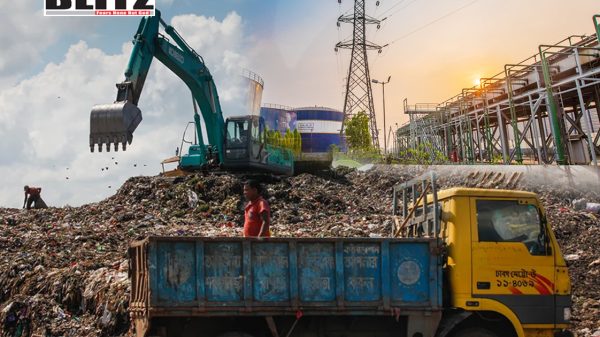
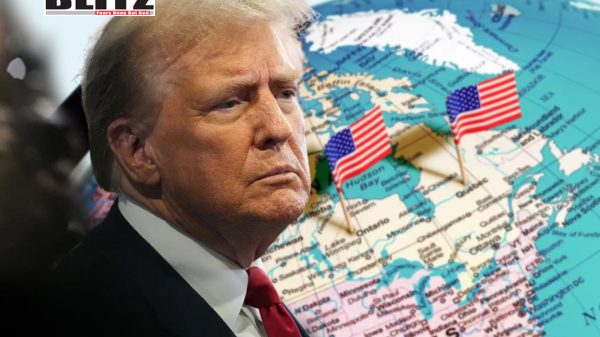
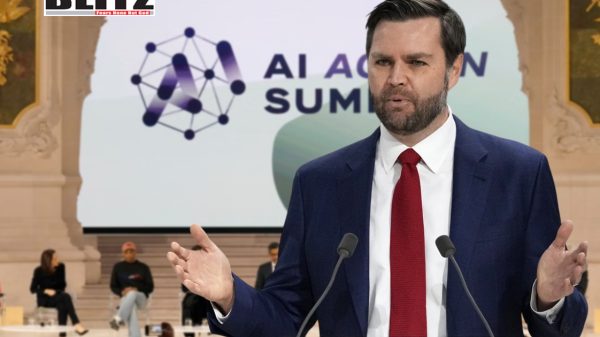
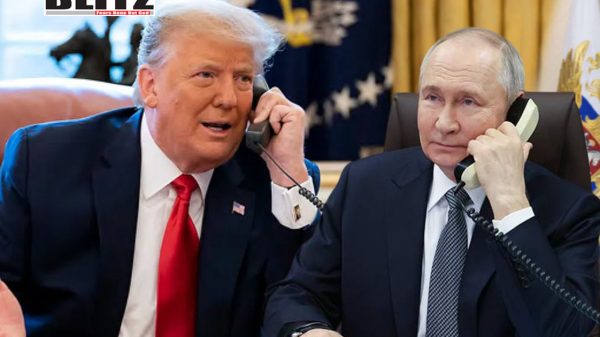
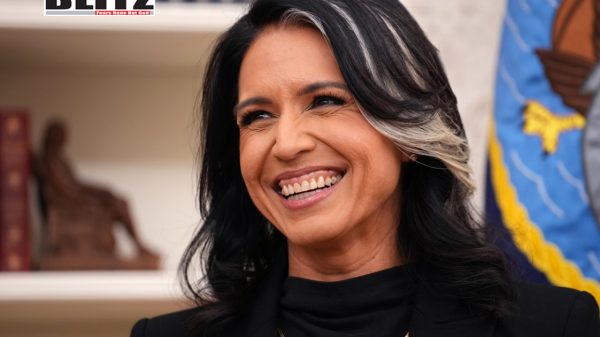
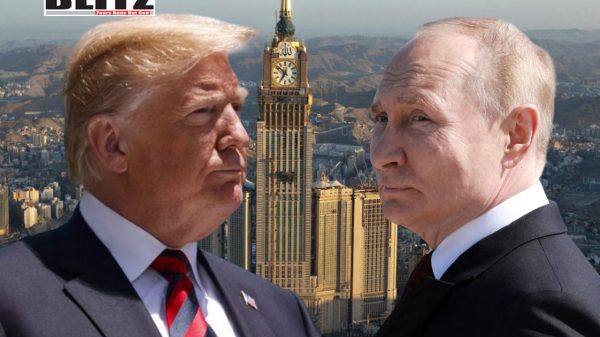
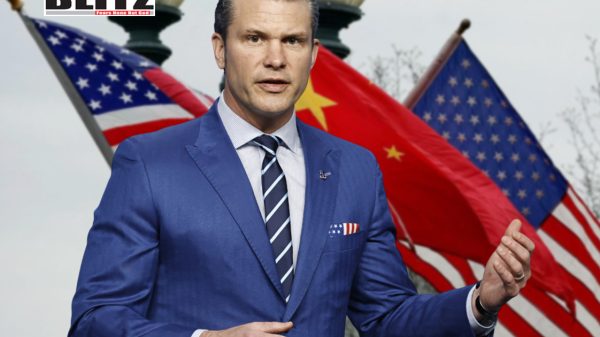
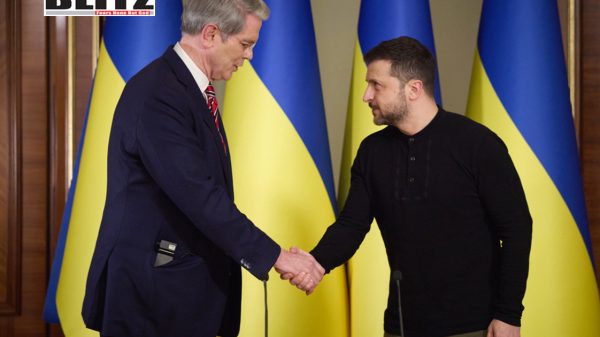

Leave a Reply